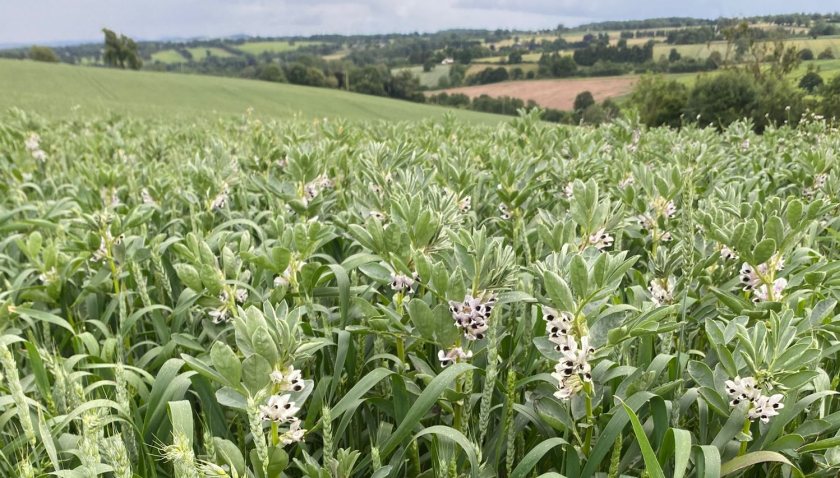
Wheat growers are set to be paid up to £200 per hectare as part of a new deal between a regenerative farming company and four water companies.
Wildfarmed has secured exclusive water company premiums to support farmers who are growing wheat to regenerative standards.
These include not applying pesticides to the growing crop, using companion cropping and integrating livestock to farm in a nature-friendly way.
Affinity Water is set to offer £75/ha in addition to other regenerative practice payments, and South Staffs and Cambridgeshire Water will pay out £200/ha for priority areas.
Elsewhere, Wessex Water is offering £200/ha+ in priority areas (exact payment on application), while Southern Water will pay out £175/ha in priority areas.
The package is designed to help new and existing growers shift to regenerative farming, said Wildfarmed, a regenerative farming company.
The funding can be claimed in addition to premiums the firm already pays growers following its audited standards.
Its new 'water premium' will be available for harvest 2025 winter and spring wheat crops. Growers can apply for the payment directly to water firms.
Andy Cato, co-founder of Wildfarmed, said: “Farming, which combines food production and nature recovery, offers a massive opportunity to address issues of existential importance: biodiversity, water and health.
"These water premiums are an important step towards a food system that values not only yield but the ecosystems on which we depend.”
Danny Coffey, catchment manager at Affinity water, said the water premium would help regenerative farmers remain profitable.
"Wildfarmed’s standards go a step further in ensuring that water quality is protected and we do not have to rely solely on energy and carbon intensive, end of pipe treatment.
“Farmers and their commitment to regenerative agriculture share our aspirations to protect the environment and leave it in a measurably improved state.
"We hope that paying for this ecosystem service using the water premium will ensure that regenerative farming remains profitable."
